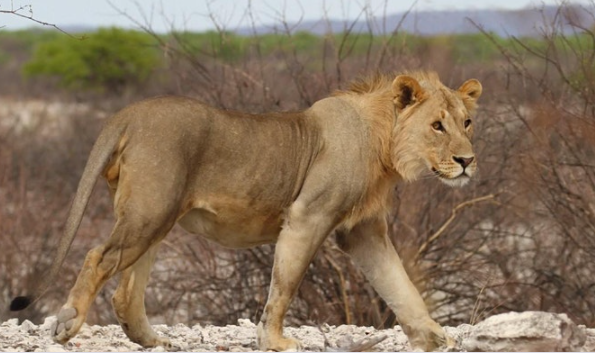Professor Keith Somerville takes part in an online discussion about the soap-opera-izing of wildlife documentaries.
From Meerkat Manor to Dynasties, big nature documentaries seem to be more Lion King than Life on Earth these days. Has turning animals’ lives into soap operas, giving them names, and relating their lives to ours gone too far?
Recently, a group of academics argued that not only does such an approach misinform the public, it may also harm conservation in the long run. But are they right? After all, TV must entertain and engage as well as inform and educate.
Research led by the Durrell Institute of Conservation and Ecology (DICE) has found that the personification of animals in recent wildlife documentaries leads to significant misinformation and creates problems for public understanding of wider conservation.
In a research paper published by People and Nature, Professor Keith Somerville (DICE), Dr Amy Dickman, Dr Paul Johnson (both from the Wildlife Conservation Research Unit, University of Oxford), and Professor Adam Hart (University of Gloucestershire) argue that the portrayal of charismatic animals in nature films, while entertaining, risks the propagation of misconceptions about nature and conservation.
A common theme recognised through analysis was the portrayal of animals and their behaviour as though they have similar minds, motivations and personalities as people (anthropomorphism). Further to this, false jeopardy, where normal situations in animals’ lives are presented as though they are unusual and far more dangerous than they really are, was commonly used to create suspense.
Professor Keith Somerville joins a panel of experts including conservationists and film makers, hosted by the University of Gloucestershire to discuss the structure and role of wildlife documentaries in modern broadcasting and conservation.
The event takes place on June 28 at13:00, online and is FREE.
Register here.

